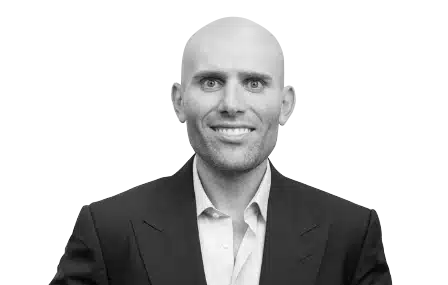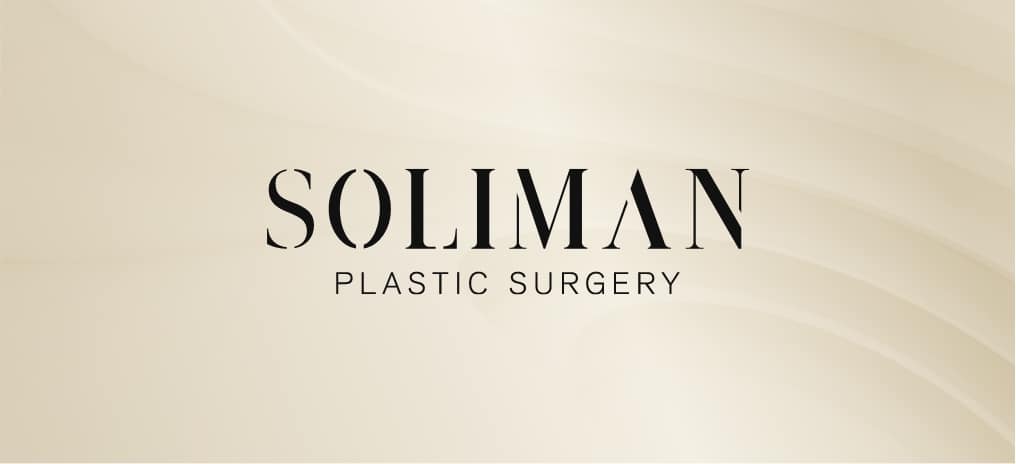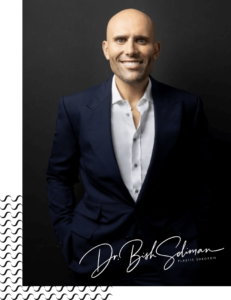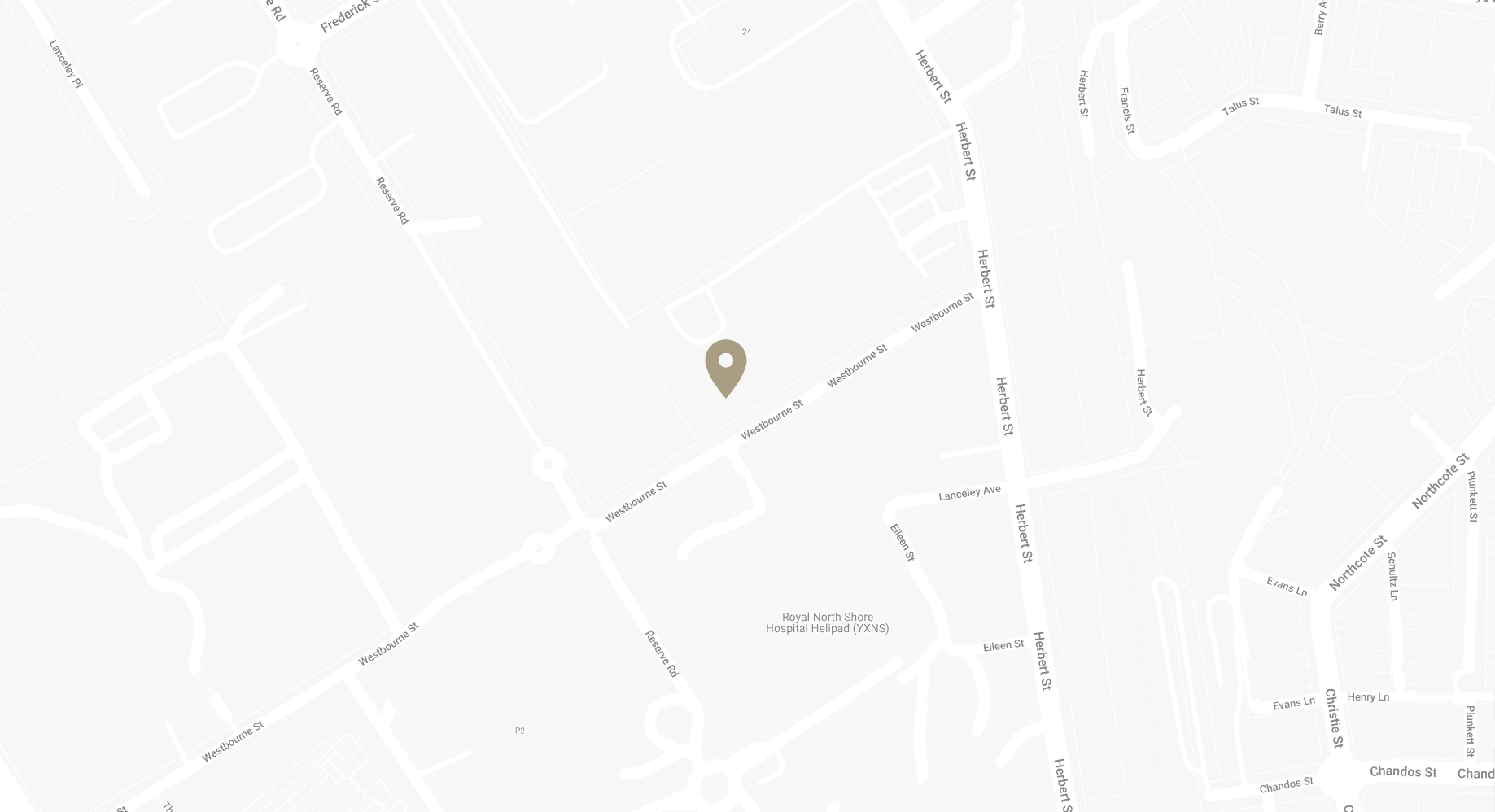What Is the Recovery after Abdominoplasty Surgery
As you move into the post-operative phase after abdominoplasty, it’s important to be armed with the right information to make your healing process as comfortable and smooth as possible. In this blog, we will discuss recovery after abdominoplasty.
Dr Bish Soliman is an internationally trained Specialist Plastic Surgeon based in Sydney, Australia. Dr Soliman’s approach to plastic surgery is based on integrity, patient safety, and the application of different surgical techniques to ensure optimal outcomes.
Download Dr Bish Soliman Abdominoplasty Guide
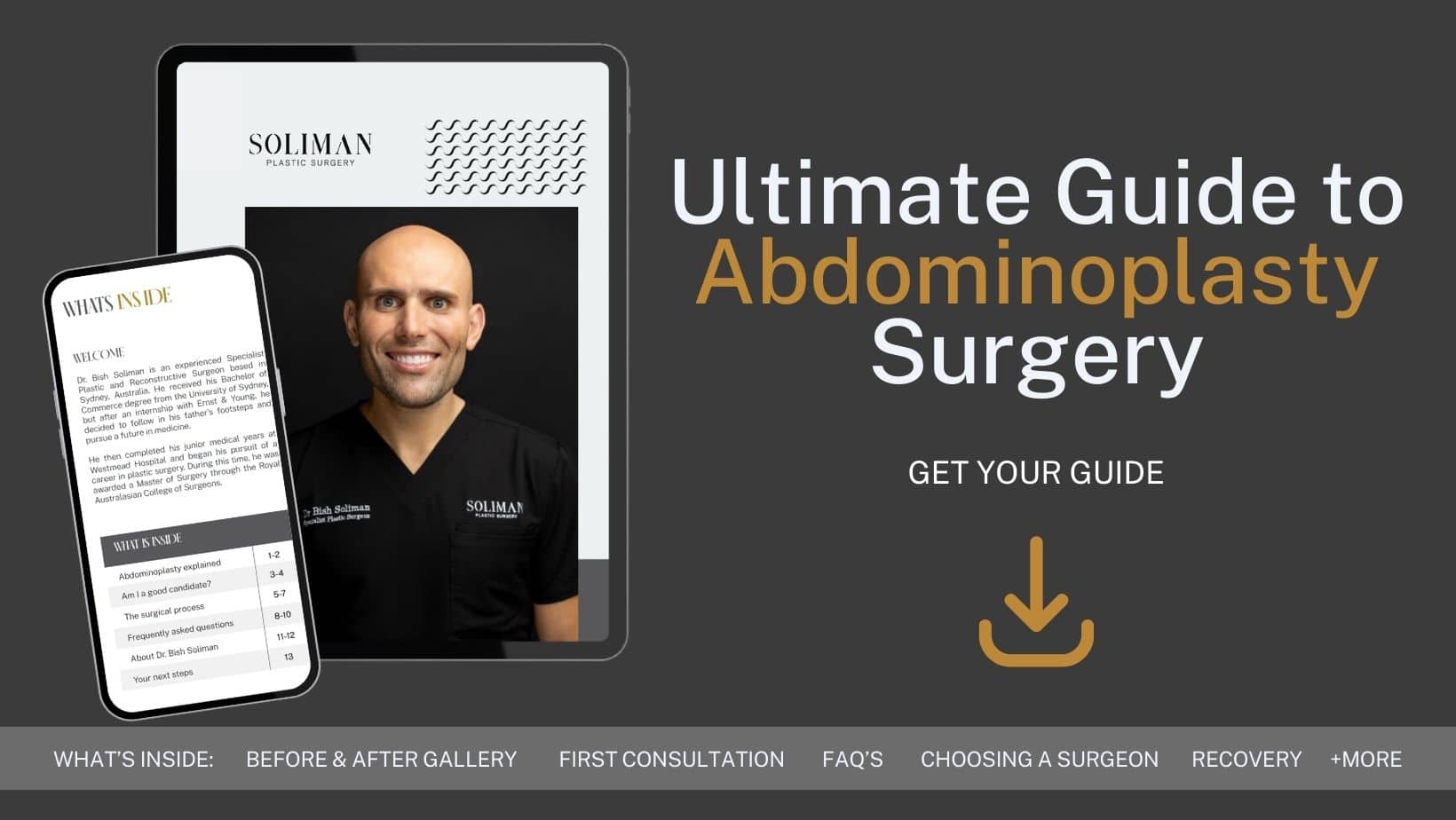
What Happens Right After Abdominoplasty Surgery?
Right after your abdominoplasty procedure, you’ll find yourself in the recovery room where the medical staff will monitor your vital signs as you come out of the anaesthesia. You may feel groggy, disoriented, and you’ll likely experience some discomfort or pain. This immediate post-operative period is crucial for your safety, as the medical staff will ensure your body is responding well to the surgery.
As you wake up from anaesthesia, you’ll be closely monitored to ensure your body is reacting appropriately. You’ll likely notice bandages on your abdomen (these are designed to support the affected area and reduce swelling). Drainage tubes might also be inserted to remove any excess fluids from the surgical site.
How will your body react? Initially, you may feel discomfort or pain, and this is a normal part of the healing process. You might experience swelling, bruising, or numbness around the surgical area. These are your body’s normal reactions to the surgery, and they will gradually diminish over time.
You might also experience fatigue as your body directs its energy towards healing. It’s important to listen to your body during this period and get plenty of rest. Feeling down or emotional can also be a part of the healing process.
Steps for a Smooth Recovery
A smooth recovery after abdominoplasty requires your active participation and adherence to a certain set of steps. This is not a passive process – your actions and decisions will significantly impact how well your body recovers.
· Medication and rest
Medication plays a critical role in your recovery. Dr Soliman will prescribe you certain medications to manage pain, prevent infections, and possibly to reduce swelling. It’s essential to take these medicines as directed by your surgeon. Rest is equally important; your body needs time to heal. Be sure to get plenty of sleep and take things slow for a while. Engage in light activities like walking around your house to keep your blood circulating, but avoid any strenuous activities.
· Physical activity and limitations
While some activity is good during recovery, it’s important to understand your limitations. For the first few weeks, you should avoid heavy lifting and intense physical exertion. It’s important to get up and move around to promote circulation and prevent blood clots, but do so gently. As your recovery progresses, you’ll gradually be able to increase your physical activity, always following the guidelines provided by Dr Soliman.
· Physical changes after Abdominoplasty
As you navigate your recovery after abdominoplasty, you’ll experience several physical changes. It’s important to remember that these changes, while sometimes uncomfortable or even distressing, are all part of the process, and with time and care, you’ll find yourself adjusting to them.
· Swelling and bruising after abdominoplasty
Swelling and bruising are normal after any surgical procedure, including abdominoplasty. While these can cause discomfort, there are ways to manage them. Using a cold compress and elevating the affected area can help reduce swelling. Dr Soliman might also recommend wearing a compression garment which can not only minimise swelling but also provide support to your healing abdomen.
The bruising will also diminish over time. It may initially seem quite intense but it’s just the body’s natural reaction to the surgery. If you notice the bruising spreading excessively or not subsiding after a few weeks, it would be a good idea to consult with your surgeon.
· Pain and discomfort
Managing pain and discomfort is an integral part of your recovery. You’ll be given prescription painkillers to help manage the initial pain after the surgery. Ensure to take these as directed by Dr Soliman. As your healing progresses, over-the-counter pain relievers may be sufficient to handle any discomfort.
Gentle movement can also help manage pain. While bed rest is necessary, too much can lead to stiffness. Light activities such as walking can help improve circulation, lessen swelling, and speed up the healing process.
· Diet after abdominoplasty
The role of nutrition in the healing process cannot be overstated. A well-balanced diet can provide your body with the energy and nutrients it needs to heal effectively.
Nutrition plays an important role in your recovery. Some essential nutrients for this phase include proteins, which are the building blocks for tissue repair, and vitamins A and C that support wound healing and immune function. You might find these in foods like lean meats, eggs, dairy, citrus fruits, and green leafy vegetables. Also, hydration is key, so make sure to consume adequate fluids.
While there are foods that help your recovery, there are also those that you should limit or avoid. These include processed foods high in salt, which can lead to water retention and increased swelling. Also, foods high in sugar and unhealthy fats can slow down the healing process. Alcohol should be avoided too as it can interfere with your medications and slow down your body’s healing process.
· Exercise after abdominoplasty
The final phase of your recovery is maintaining the results of your abdominoplasty, which will require some lifestyle changes.
Once you’ve healed, regular exercise plays a vital role in maintaining the results of your abdominoplasty. It can help you manage your weight, tone your muscles, and promote overall wellbeing. However, it’s important to approach this gradually. Start with light activities, such as walking, before gradually incorporating more intensive workouts, like cardio and strength training. Always get approval from Dr Soliman before beginning any new exercise routine.

FAQs about Recovery after Abdominoplasty
When can I return to my normal activities after surgery?
- The timeline for returning to normal activities varies depending on individual healing processes and the nature of the activities. Light activities like walking can often be resumed relatively soon after surgery. Keep in mind that more strenuous activities, like heavy lifting or intense workouts, should be avoided for 6-8 weeks or until Dr Soliman gives the go-ahead. It’s important to listen to your body and not rush this process, as doing too much too soon can interfere with your recovery.
How can I maintain the results of my abdominoplasty?
- Maintaining the results of your abdominoplasty involves adopting healthy lifestyle habits. Regular exercise and a balanced diet can help manage your weight, which is important for maintaining your new physique. Mental health also plays a significant role. Dealing with surgery and recovery can be stressful, and having a strong support system in place can make a big difference. Remember to focus on your overall health and wellness, not just your physical appearance.
Are the results of abdominoplasty permanent?
- The results of abdominoplasty can be permanent if you maintain a stable weight after surgery. However, if you gain weight, the skin and muscles in your abdomen may stretch again, and you may need to have another procedure. It is also important to note that abdominoplasty does not remove stretch marks, so if you have stretch marks on your abdomen, they will still be visible after surgery.
How long before I see the final results of my abdominoplasty surgery?
- The final results of abdominoplasty surgery can take up to a year to fully develop. In the first few weeks after surgery, you will likely have swelling and bruising. The swelling will gradually subside over the next few months, and the bruising will fade. It will also take some time for the skin on your abdomen to tighten completely.
Further Reading about Body Contouring Procedures with Dr Soliman
- Read Dr Soliman’s Abdominoplasty Surgery Page
- Read Dr Soliman’s Excess Skin Removal Surgery Page
- Read Dr Soliman’s Post Pregnancy Surgery Page
- Read Dr Soliman’s Liposuction Surgery Page
- Read Dr Bish Soliman’s Blog about Medicare Coverage for Post Pregnancy Procedures
- Read Dr Bish Soliman’s Blog about Do You Have Split Tummy Muscles?
- Read Dr Bish Soliman’s Blog about Pregnancy after Abdominoplasty Surgery
- Read Dr Bish Soliman’s Blog about Lipoabdominoplasty for a Contoured Stomach
- Read Dr Bish Soliman’s Blog about How to Sleep Better After Tummy Tuck – Abdominoplasty
- Read Dr Bish Soliman’s Blog about Tummy Tuck – Abdominoplasty Complications
- Read Dr Bish Soliman’s Blog about Abdominoplasty Controversies – Drains vs. Drainless Technique
Medical References about Body Contouring Surgery
- Body Contouring: What Is It, Benefits, Risks & Recovery – Cleveland Clinic
- The History of Body Contouring Surgery – NCBI
- Does Body Contouring Increase Long-Term Weight Loss? – American Society of Plastic Surgeons
- Body Contouring – Australian Society of Plastic Surgeons
